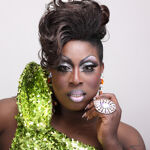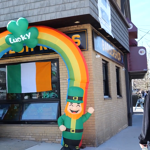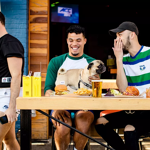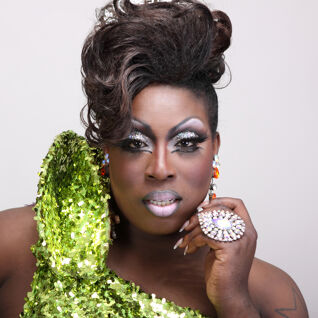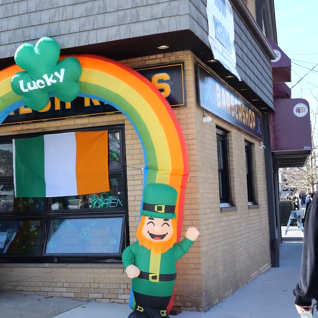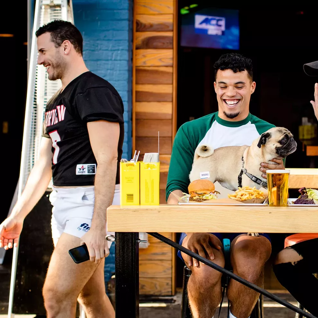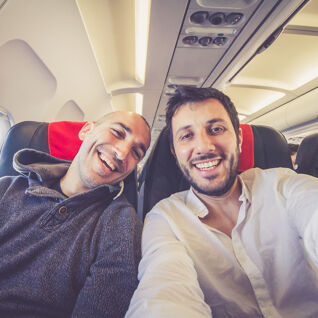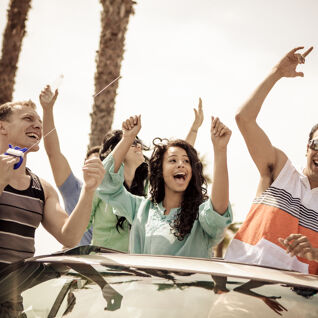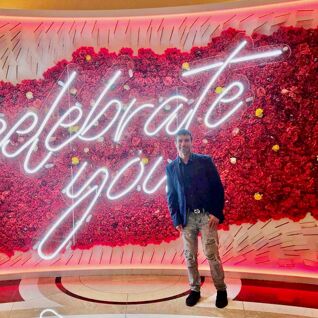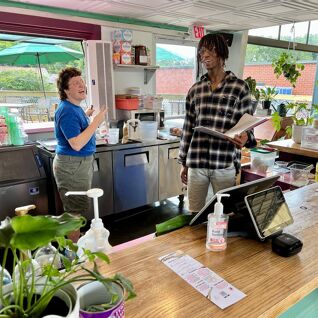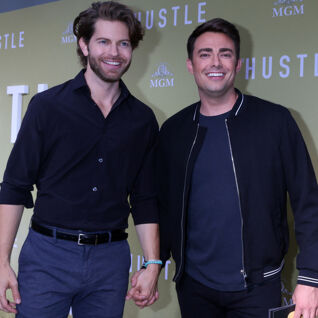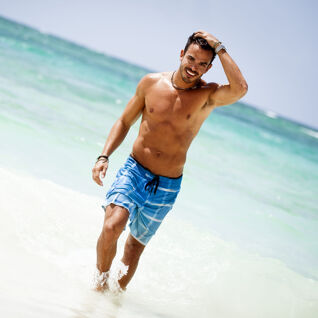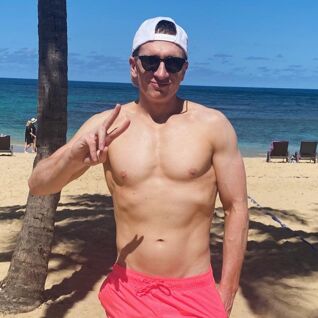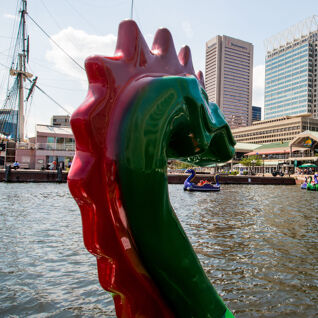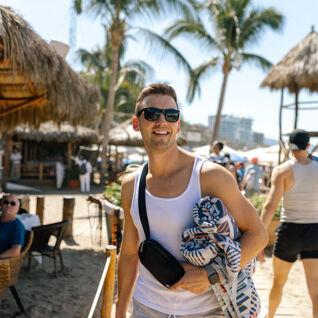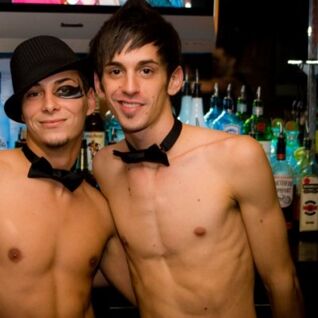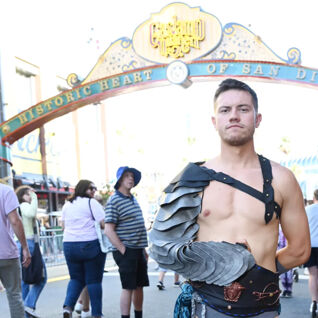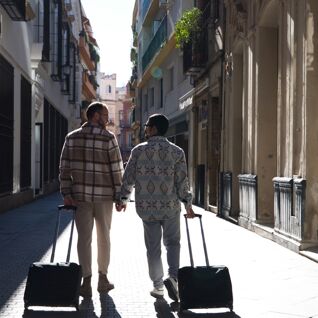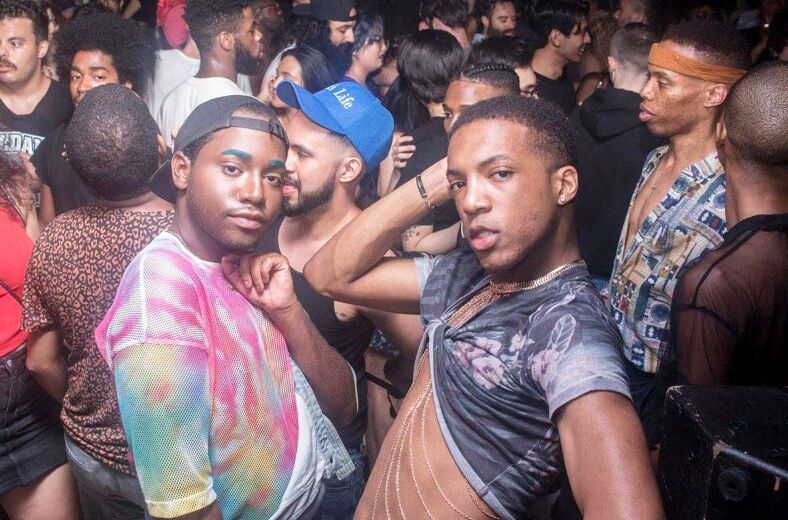
If you’re like every other member of the community, you’ve probably listened to Beyoncé’s Renaissance more times than you can count. And if you’re like me, a Black queer person, then you stopped counting a long time ago. The album is heavily influenced by the Black community and various forms of dance and you can’t help but “release the wiggle,” as Big Freedia would say.
That same feeling of euphoria radiated within the house clubs of the late ‘70s in Chicago and New York. Thousands of Black and Latinx queer and trans folks danced the night away to tunes that emerged from the ashes of disco like a phoenix. These same dance spaces became safe havens for Black and Brown folks seeking reprieve from the social injustices they faced.
Essentially, places like Paradise Garage in New York and The Warehouse in Chicago became necessities in Black and Brown queer culture. Almost half a century later, the need for nightlife catered for Black and Brown queer people still resonates.
“Nightlife spaces are so sacred to the queer & trans community because for decades those were the only spaces we could truly be ourselves and celebrate one another while feeling safe,” said Maria Van Cartier, writer, producer, and New York City community influencer. “Unfortunately there haven’t always been spaces like this in the community that were inclusive of Black & Brown people. Which is why I’m so proud to look around today and see all my beautiful Black & Brown brothers and sisters dancing, sharing space, and laughing like the family that we are.”
For some, when we think of LGBTQ+-focused nightlife, chiseled, masculine-presenting, able-bodied, cis, gay, white men may come to mind first. This line of thinking drives queer nightlife, shaping it in the image of the “dominant ones” within our community. Creating spaces that leave the rest of us (Black, Brown, trans, nonbinary, disabled, women, etc.) on the outside of the club or vying for a spot within these spaces, only to be subjected to an intersectional dose of biases.
“I think, especially for Black and Brown people who are queer and trans, there are so many layers. At least from my own experience, I already have this layer of alienation from being Chinese, Mexican, and also an immigrant – on top of being queer,” said Whorechata co-founder Ian Kumamoto. “I was going out in New York and I was going to these queer spaces being like – okay – then queer spaces are where I’m going to find communities where I’m going to feel good. And it was the complete opposite of that.’”
Kumamoto’s experience mirrors that of other Black and Brown queer and trans folks. While more young people are coming out or letting people into their world and receiving plenty of support along the way, there are still numerous queer and trans folks who have been ostracized. Queer nightlife then becomes home, church, and a source of community, all wrapped up in one.
But if you don’t feel represented in these spaces and are surrounded by individuals whose attempts at conversation are drenched in biases, queer nightlife can actually be hostile rather than home.
“I just remember so many instances where people in gay bars and clubs will talk to you about your race and how they perceive your race in a way that is not acceptable in any other realm of our society,” says Kumamoto. “But for some reason, gay white men just feel very comfortable commenting on our bodies. For a long time, that put me in positions where I felt like I had to degrade myself and just really not respect myself and just put myself in really bad situations.”
So what do you do when the queer nightlife doesn’t welcome you with open arms but instead greets you with microaggressions? If you are Kumamoto, you create your own space.
In June 2021, the impressario and his friends devised a party called Whorechata in New York City. The party created a safe space for queer and trans folks of color to connect, find community, and genuinely have a good time in a safe space. Thanks to a viral TikTok that Kumamoto created, the party has seen huge turnouts and plenty of support.
@chino_cholo @ollin.nyc #nyc #queer #lgbtq ♬ Calm LoFi song(882353) – S_R
“So I just think that spaces in this society where we don’t have to be on edge or constantly being aware of our own presence and bodies, I think they’re so essential for just developing a healthy sense of self and to heal from all the things that a lot of us have been through,” said Kumamoto.
Thankfully, Whorechata isn’t alone in its efforts to create a community for Black and Brown LGBTQ+ folks. Like the house clubs of before, Black and Brown queer and trans folks are banding together to create these spaces more frequently and New York has become a local hub for some of the parties. Bubble_T, Dick Appointment, and Papi Juice are just a few of the parties catered towards Black and Brown LGBTQ+ folks.
Bubble_T, started by Steven Huynh, Nicholas Andersen, Vivianne Yi, Pedro Vidallon, Paul Tran, and Karlo Bueno Bello aka Bichon, takes its name after the popular Taiwanese drink. Geared towards the LGBTQ+ Asian community, this party brings folks together from different scenes and has attracted singer-songwriter-producer Solange.
Dick Appointment is a Black queer rave you wish you always had. Created by DJ and party promoter Kenni Javon, Dick Appointment has quickly become a staple within the Black LGBTQ+ party scene. With its Internet-influenced aesthetic, this party never disappoints
Papi Juice is an LGBTQ+, people-of-color-fueled art collective. Run by Mohammed Fayaz, Adam R., and Oscar Nñ, Papi Juice creates POC-geared events that mix activism with partying, proving that joy is also a form of resistance.
While these places generate spaces for people who are placed on the periphery of the community, they also are places of healing and social change.
In an interview for i-D, Javon stressed the importance of these spaces.
“Dick Appointment brings back the old times,” said Javon. “It reminds people how New York City was before all of the old party spots closed. We need more bitches like me!”
Javon is right. We do need more spaces devoid of heteronormativity and white supremacy. There’s nothing like enjoying a night out with faces who reflect your own. To dance on one side of the room and know that every other corner has someone in it who simply wants to enjoy being of color and queer and simply not give a damn.
“Black and Brown queer and trans nightlife is so essential to our uniqueness and understanding,” says Henry Philyaw, a New York City-based writer and influencer. “Having a moment to be free of white supremacy and heteronormativity while being free to dance music our way, to embrace each other without fear, and to find each other and community always matters.”
Papi Juice, for example, has used its platform to create panels, fundraising events, workshops, and parties that uplift the creative efforts of queer and trans folks of color. From raising funds for the National Network of Abortion Funds alongside Ilana Glazer, to donating proceeds to Black trans organizations, to sharing the NYC Pride Island stage with Lil’ Kim and RAYE, Papi Juice is going beyond the party and creating opportunities that elevate queer and trans folks not just on the dancefloor but in society as well.
The concept of safe spaces or brave spaces isn’t a new phenomenon. Like clubs and parties of yesteryear, these spaces spring up in times of trials and tribulations to offer alternatives. And they’re also a key part of the future.
New York City is not the only hub for these spaces, nor is it innovative in having them. Queer and trans people of color have always established community in times of hardship and joy. However, these parties build upon the ever-growing need for Black and Brown members of the community to have and share space of their own.
The need to feel seen, valued, and loved is within all of us. Why not lean into spaces that heal, spaces that resist conformity, spaces that uplift those who have been marginalized (and continue to be) for so long?
Related:


